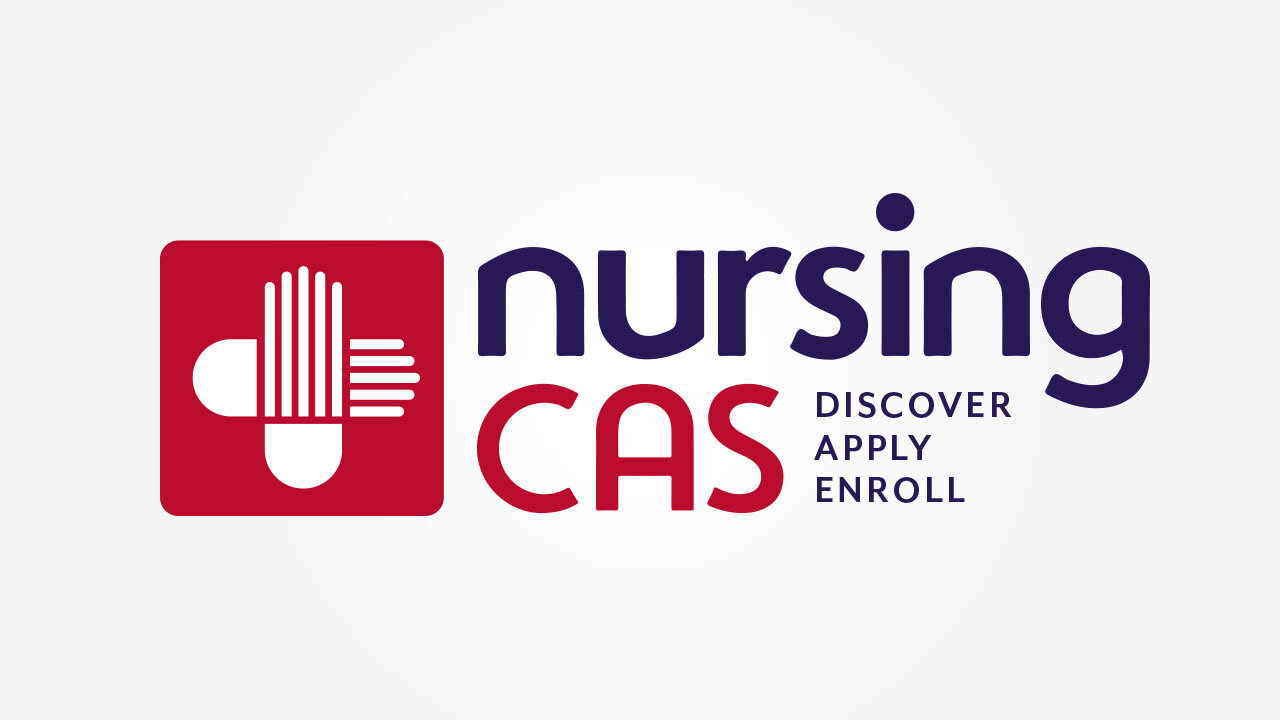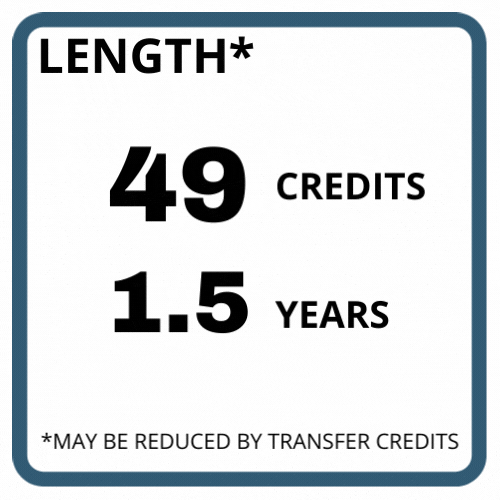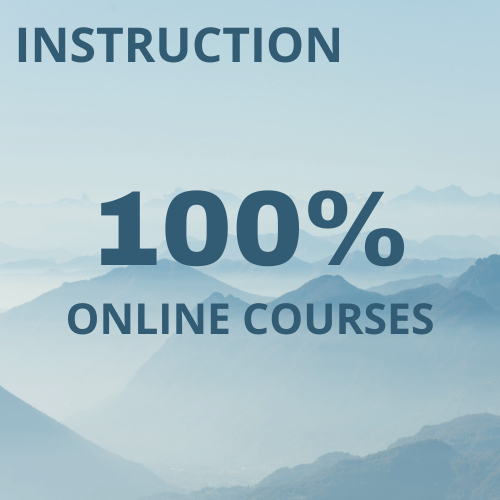Nursing: RN-to-BSN Completion
Bachelor of Science
Program Description
The Bachelor of Science in Nursing program is designed for a person who is currently a Registered Nurse and is seeking to complete the requirements for an earned Bachelor of Science degree. The curriculum provides registered nurses with a better understanding of the ethical, cultural, political, economic, and social issues that affect patients and influence healthcare delivery. Critical thinking, leadership, management, research, physical assessment, and health promotion across a variety of community-based healthcare settings is emphasized in the program. This program is offered online.
Program Learning Outcomes
Upon successful completion of the Bachelor of Science in Nursing Program, the graduate will be able to:
Integrate the knowledge and values learned from a liberal education with the practical skills of nursing and apply them to safe patient care.
Demonstrate written, verbal, non-verbal and emerging technology methods to communicate effectively across lifespan, culture, and members of the healthcare team
Identify the roles, traits and contributions of the nurse in leadership, management, accountability and ethics in health care organizations across the continuum of care.
Demonstrate critical thinking skills used to analyze current nursing research and apply it to evidence-based nursing practice to make collaborative decisions about safe patient care.
Develop nursing professionals practicing nursing within a legal/ethical framework that is responsive to the needs of the profession, community and self.



